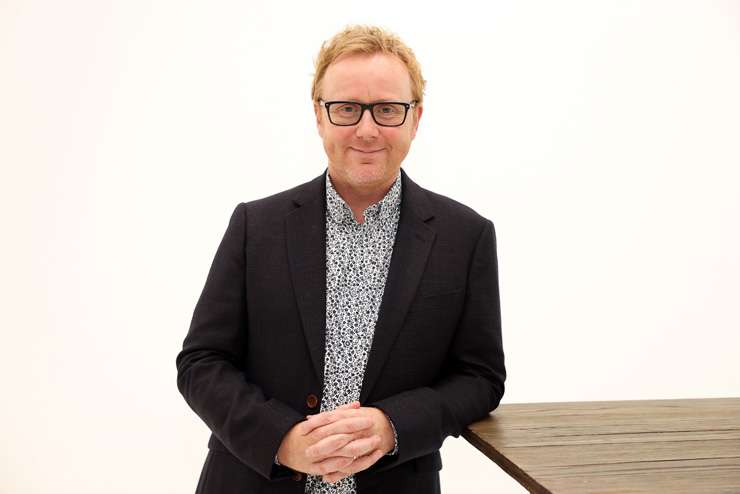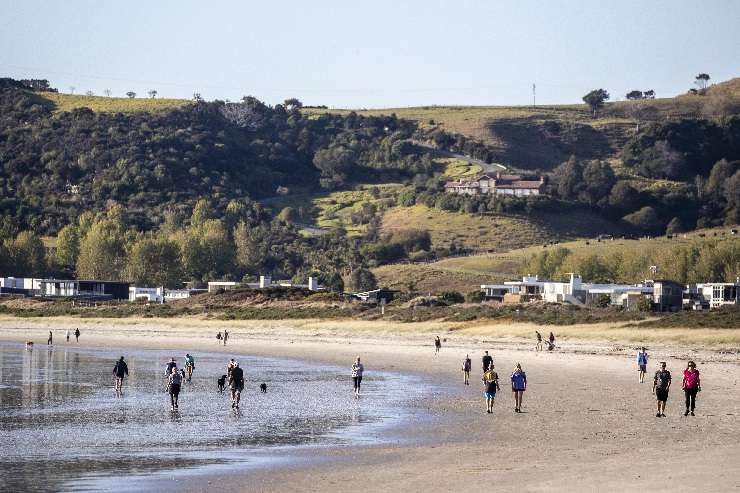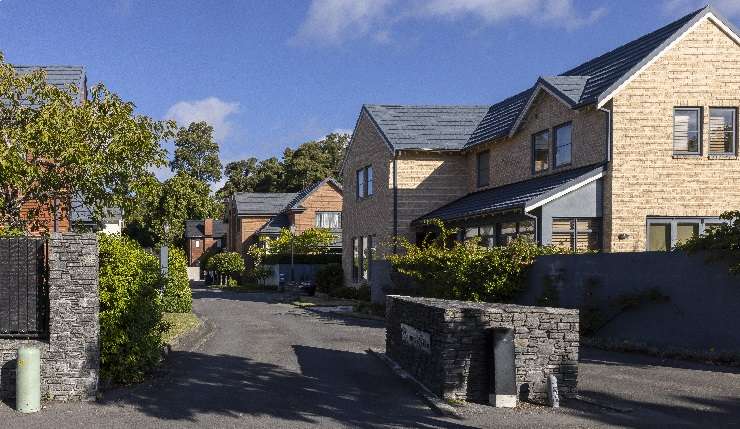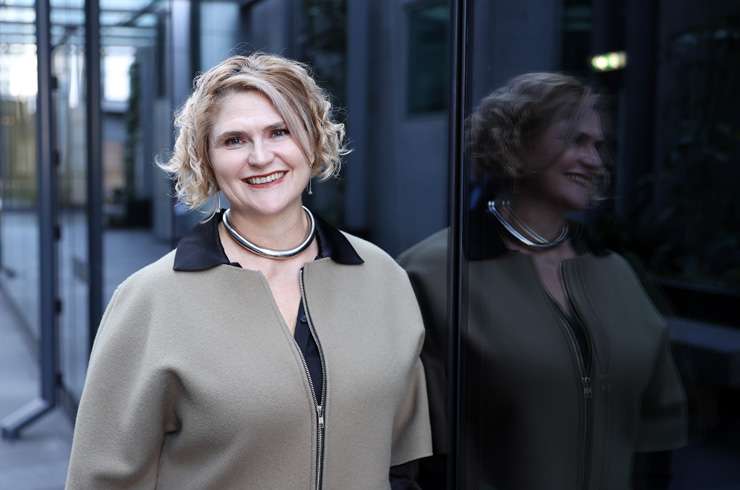New Zealand house prices have recorded their first quarterly rise in 16 months, new OneRoof figures show.
The nationwide average property value grew 0.8% to $952,000 in the three months to the end of September, on the back of stronger-than-expected sales activity in the lead up to spring.
The country’s two biggest housing markets, Auckland and Canterbury, recorded quarterly growth for the second month in a row, while property values in Greater Wellington, Bay of Plenty, Hawke’s Bay and Gisborne recorded quarterly rises for the first time in more than a year.
The latest data from the OneRoof-Valocity House Value Index shows the housing market recovery is gathering momentum in the country’s biggest cities, with Christchurch close to recouping the price gains wiped out by the downturn.
Start your property search
The garden city’s average property value was up 3.1% over the last three months to $765,000 – just $37,000 shy of its peak value of $802,000, recorded in June 2022.
Auckland’s average property value was up 1.6% over the last three months, fuelled by strong lifts in the city’s North Shore and Manukau districts, while lack of stock is continuing to put upwards pressure on prices in Wellington City, with the capital’s average property value close to crossing the $1 million mark again.
Renewed buyer interest is also evident in Hamilton and Tauranga, all of which recorded their first three-monthly growth in over a year, while the figures suggest the house price decline has been arrested in Dunedin (no change over the quarter) and Queenstown-Lakes (down only 0.4%).
OneRoof editor Owen Vaughan said the lifts were all the more surprising given that interest rates were still high and cost of living pressures still being felt.
“Huge demand from Kiwis competing for a small pool of properties and stronger-than-expected immigration are driving growth. Some buyers appear to be less prone to rising rates, although the lending environment is putting a cap on price growth in many instances," Vaughan said.
“Stock levels have improved, but are still below historical levels. Auckland new listings in September were up 13% year-on-year, but total listings were down 8.5% over the same period.
“It is possible that more stock will come onto the market after the election; balancing this supply change, National’s tax policies will provide an incentive for investors to re-enter the market if the party takes power.”

OneRoof editor Owen Vaughan: "Huge demand from Kiwis competing for a small pool of properties and stronger-than-expected immigration are driving growth." Photo / Fiona Goodall
The OneRoof-Valocity figures show the number of suburbs enjoying price growth has grown rapidly within the last three months, and reflects the pre-spring surge evident in the country’s auction rooms.
The number of suburbs with 20-plus settled sales in the last 12 months that recorded value growth in the three months to the end of September hit 470 – up 68% on the month before, and more than quadruple the tally at the end of June.
The OneRoof-Valocity figures show which city housing markets have climbed out of the doldrums the fastest, with major metro suburbs accounting for 64% of the overall growth number. Christchurch is the epicentre of the revival (none of its suburbs were down over the quarter), but Auckland is catching up, with the number suburbs enjoying value lifts in the city jumping from 81 to 149 in the space of a month.
The bulk of the growth suburbs (56%) had an average property value of below $1m but some of the country’s most expensive neighbourhoods – Omaha, Remuera and Westmere – were among those that made the list for Auckland.
Christchurch’s wealthier suburbs are also feeling the heat: Strowan’s average property value jumped 8.2% to $1.212m; Merivale’s average property value was up 7.9% to $1.472m; and Fendalton was up 7.8% to $1.615m.

The wealthy beach enclave of Omaha, on Auckland's northern fringes, has rebounded strongly in the last three months. Photo / Dean Purcell

The average property value in Fendalton, in Christchurch, has risen almost 8% over the quarter. Photo / Peter Meecham
The least expensive growth suburb was Cobden, in Grey, which has an average property value of $267,000.
The figures also show more than one in 10 suburbs with 20-plus sales in the last 12 months are close to recouping the value lost during the downturn. Again, the recovery appears to be strongest in Christchurch, with 42 of the city’s suburbs less than $50,000 off their peak value.
Suburbs in Invercargill and New Plymouth are also bouncing back with vim.
Helen O’Sullivan, global CEO of real estate for Valocity, said there were strong reasons to believe the market will continue to grow.
"September traditionally brings a lift in listing levels, increased buyer engagement and a resulting increase in transaction volumes. Coupled with data showing a continued decline in the number of new homes consented and thus the forward supply pipeline, we expect to see steady support for both values and activity levels," she said.

Valocity global CEO of real estate Helen O’Sullivan says the market is on course to grow during spring. Photo / Fiona Goodall
Valocity senior research analyst Wayne Shum said the lending environment was improving despite warnings from the Reserve Bank of New Zealand that interest rates will be higher for longer to bring down inflation.
"However, the rates have likely peaked, and lending has improved on the back of the relaxation of CCCFA constraints and the lowering of the LVR in June. Buyers are returning to the market, particularly first home buyers who saw their share of mortgage registrations reached 46%, up from 43% in July."
Turning the corner: The charts that point to the end of the downturn




















































































